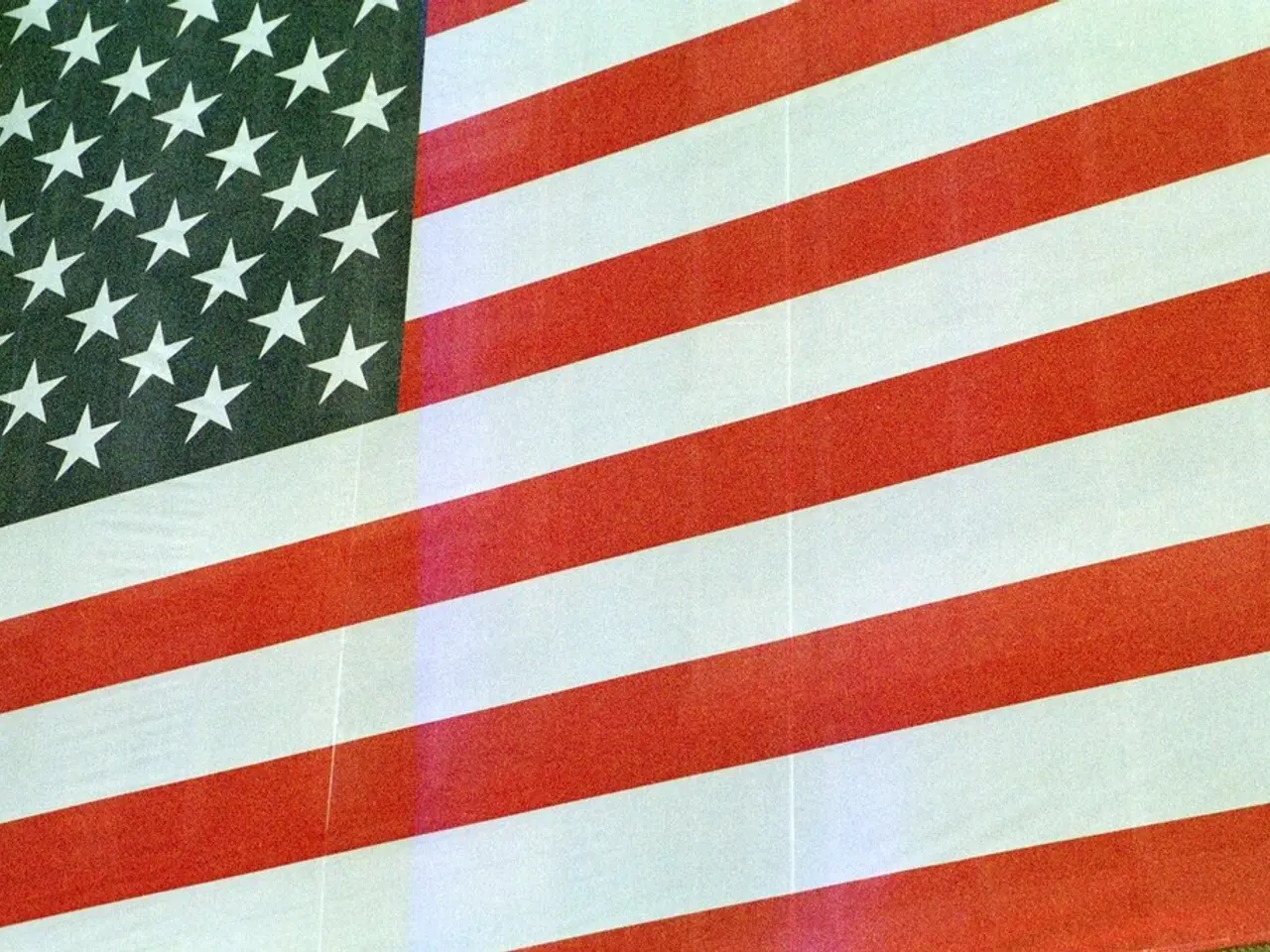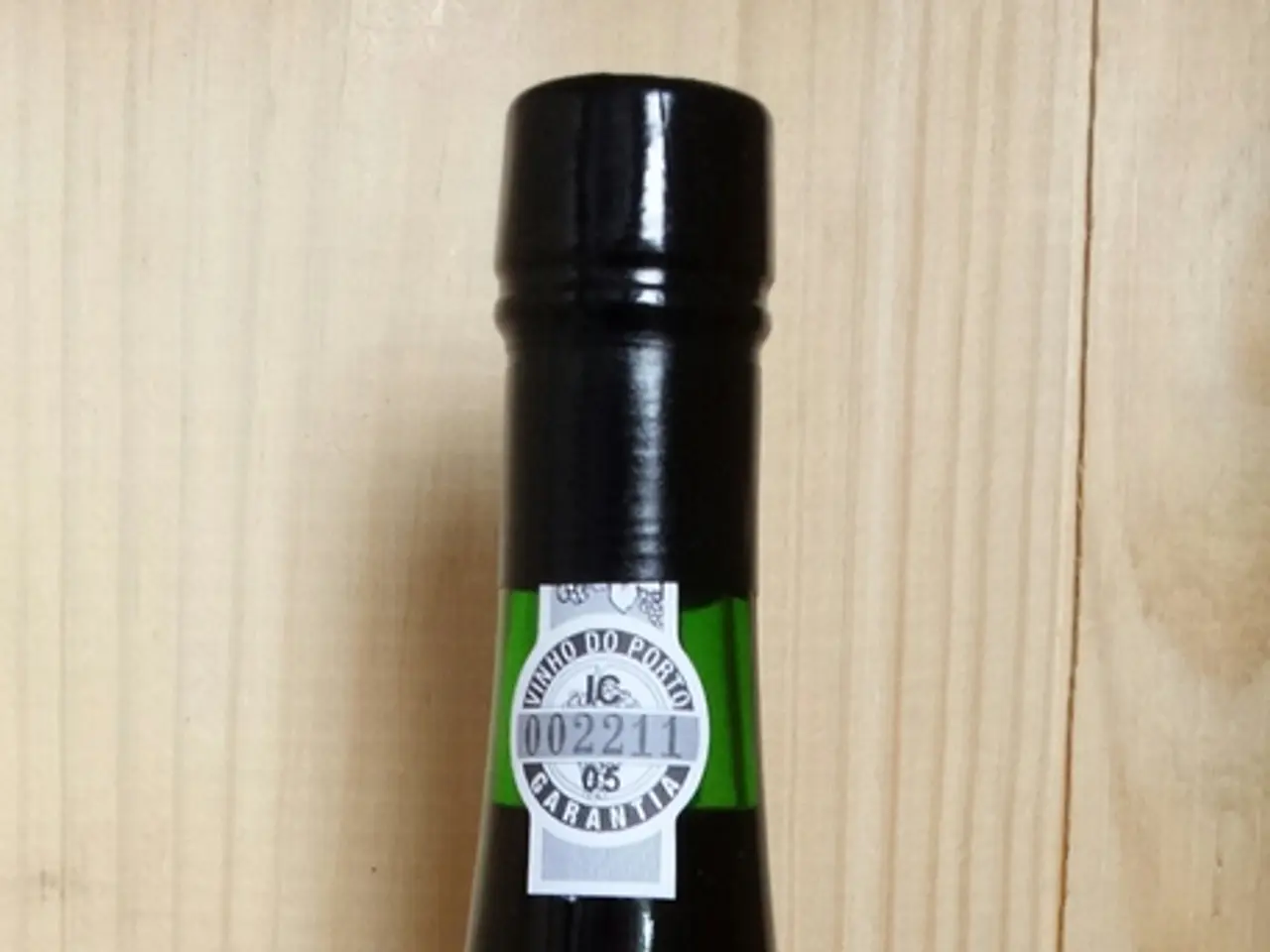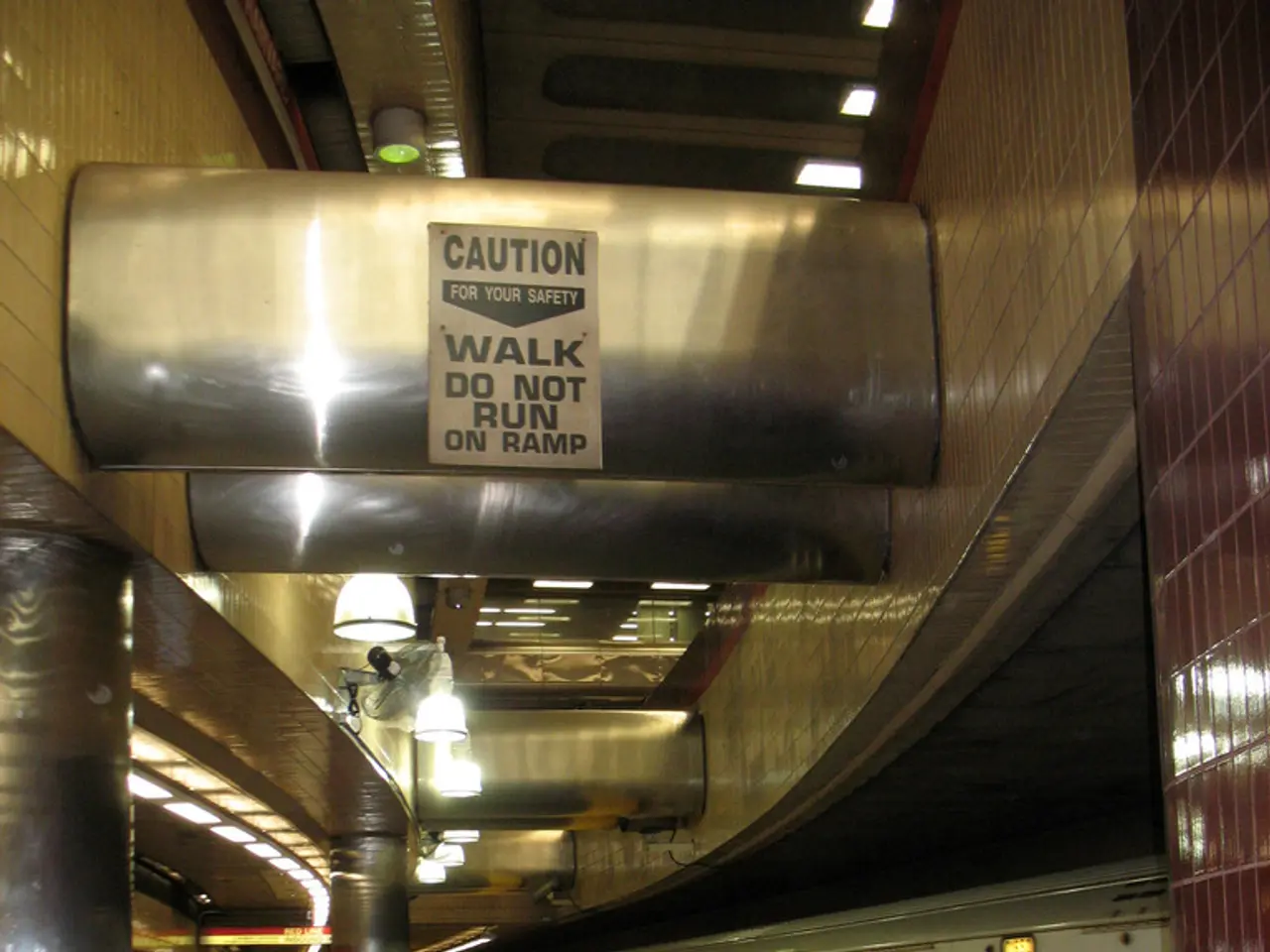Battles over Flags: The Political Flag Fuss in Thuringia, Germany
Dispute Arises Over Display of Flags on Public Structures - Dispute over Display of Flags Outside Public Structures
Flaming rhetoric
Tensions are heating up in Thuringia, Germany, as the state government pushes for the permanent installation of flags for Thuringia, the EU, and Germany to fly in front of public buildings. This controversial move is set to be decided by the cabinet on Tuesday, as Interior Minister Georg Maier (SPD) advocates for this alliance, while opposition parties clash over this decision.
Political Pow-Wow
As debate rages on in the state parliament, coalitional representatives—CDU, BSW, and SPD—back the planned regulation, which the Left party objections as superfluous, and the AfD demands a ban on EU flags from public buildings.
Maier's Rant
Maier didn't mince words, accusing the AfD faction of wanting to impose authoritarian rule in place of democracy, the exact opposite of what the flags uphold. "Thuringia, Germany, and the EU belong together," asserted the SPD politician.
AfD's Schloesser Rebuttals
AfD MP Sascha Schloesser countered by stating that the EU flag is not an option, as it does not symbolize national sovereignty, and thus, should not be hoisted at German authorities. The Thuringian AfD, known as right-wing extremist, is under surveillance by the state office for the protection of the constitution.
The Left on the Fence
The Left MP Ronald Hande suggested that the government should prioritize dealing with more pressing matters, like maintenance of buildings, rather than arguing over flags. "Flags aren't accessories; they represent commitments," argued CDU faction leader Andreas Buhl.
The Rainbow Flag Predicament
The controversy won't just stop at the national or EU flags. The AfD's proposed bill seeks a mandatory permanent display of the black-red-gold and Thuringia flags on state buildings. Schloesser confirmed the AfD's intent to ban the rainbow flag, which symbolizes diversity and inclusivity.
Context Clues
Germany has experienced political turmoil surrounding flags and political symbols, with recent examples such as the dispute over removing a rainbow flag from a flagpole to preserve political neutrality. Additionally, the Alternative for Germany (AfD) party has been labeled as right-wing extremist, igniting debates on political neutrality and freedom of speech.
In ConclusionThe contentious issue of permanent flags in front of Thuringian public institutions has dived local parties into a heated discussion over neutrality, identity, and political affiliations, echoing broader debates in German politics. To shed light on this specific controversy, more details on the local debates and policies regarding public displays are needed. However, the political climate in Germany suggests that such issues carry deep implications for visibility, representation, and the role of parties in shaping public life.
- The debate over flags in Thuringia, Germany, has extended to EC countries, with the EU flag being a subject of contention among various parties.
- The planning to install flags for Thuringia, Germany, and the EU to fly in public buildings has stirred up war-and-conflicts within the state government and opposition parties.
- The AfD party, known for its strong political stance, has proposed a bill that would require the permanent display of the black-red-gold and Thuringia flags on state buildings, while also seeking to ban the rainbow flag.
- Policy-and-legislation surrounding flags in Thuringia has sparked controversy, particularly around the intended display of the rainbow flag, which symbolizes diversity and inclusivity.
- The general-news landscape in Germany is heavily influenced by discussions on flags and political symbols, with recent events such as the removal of a rainbow flag from a flagpole raising questions about political neutrality and freedom of speech.








